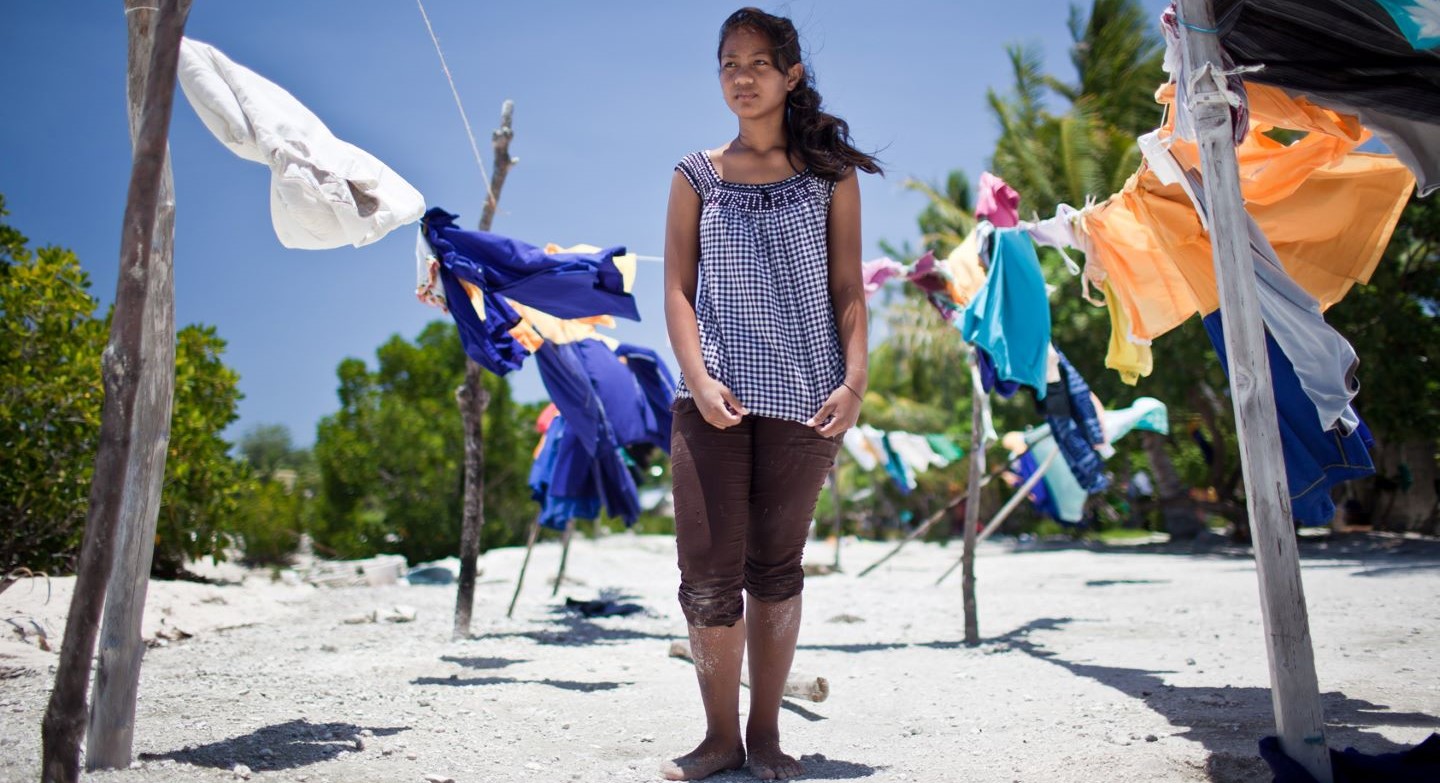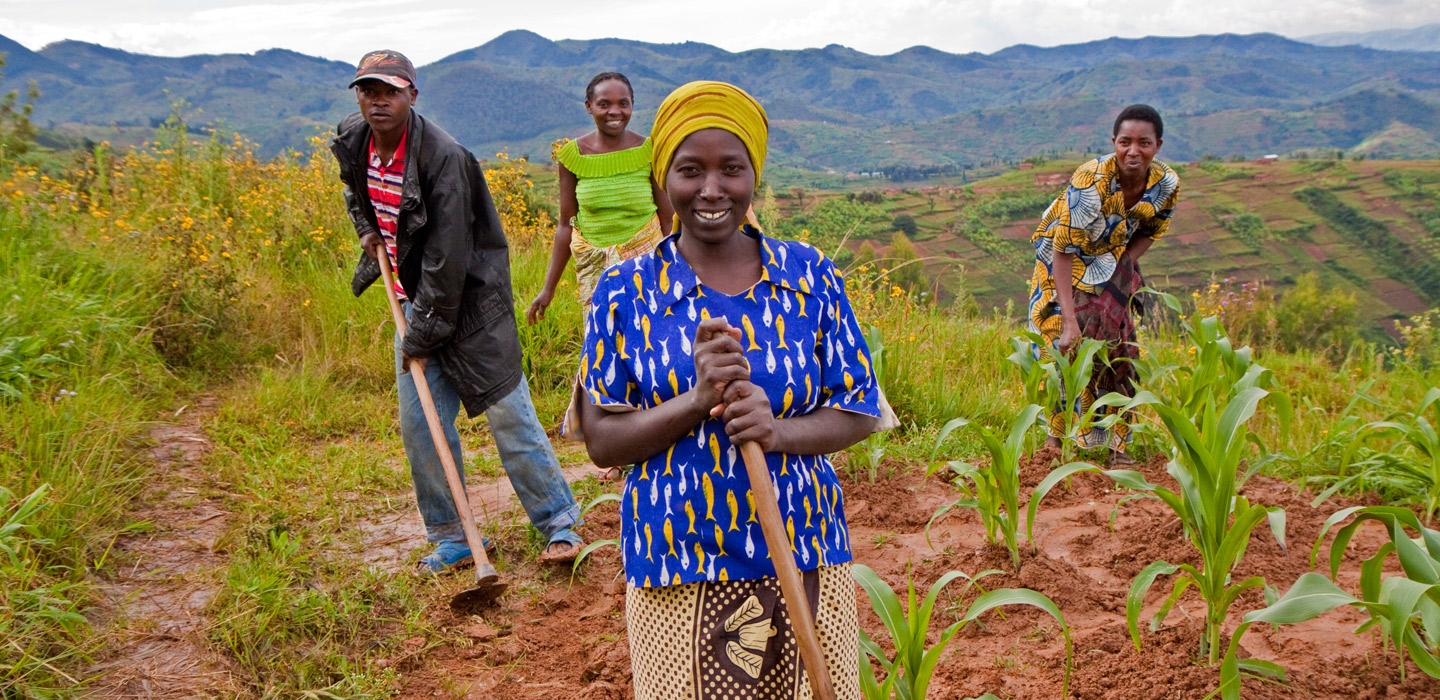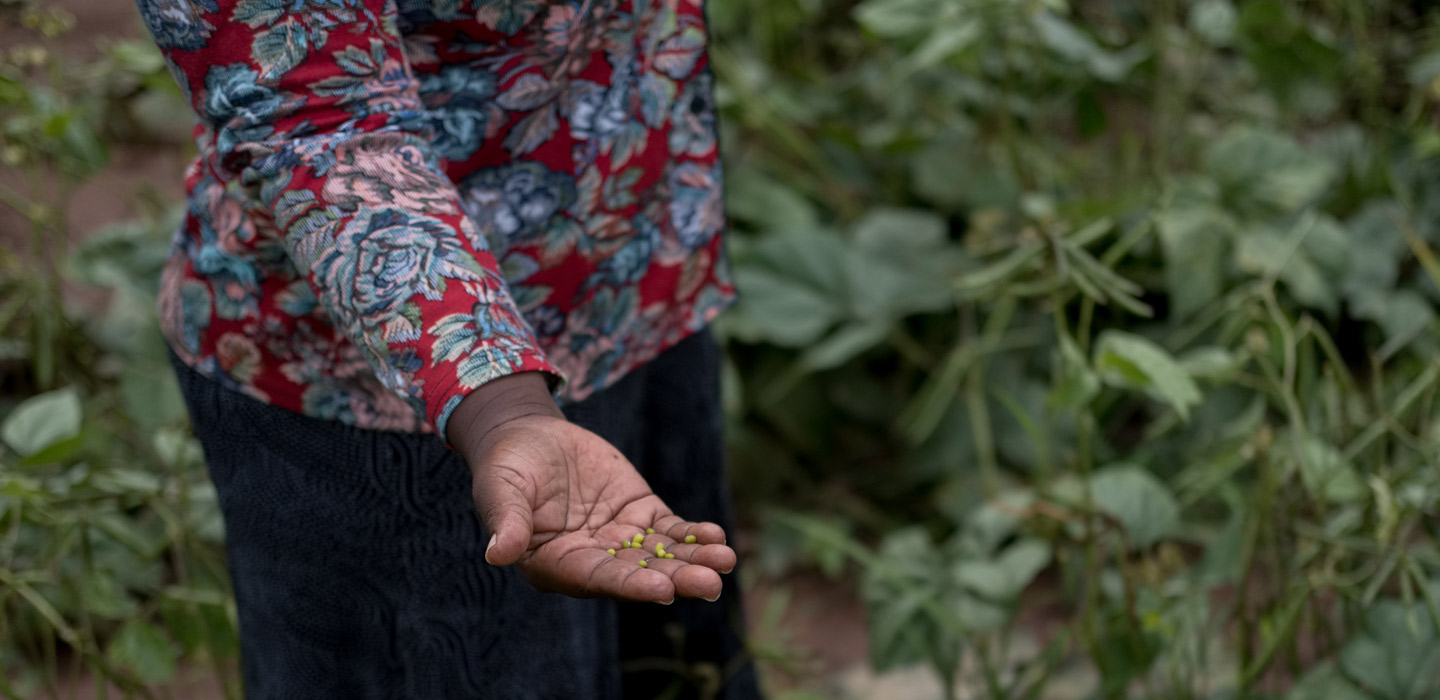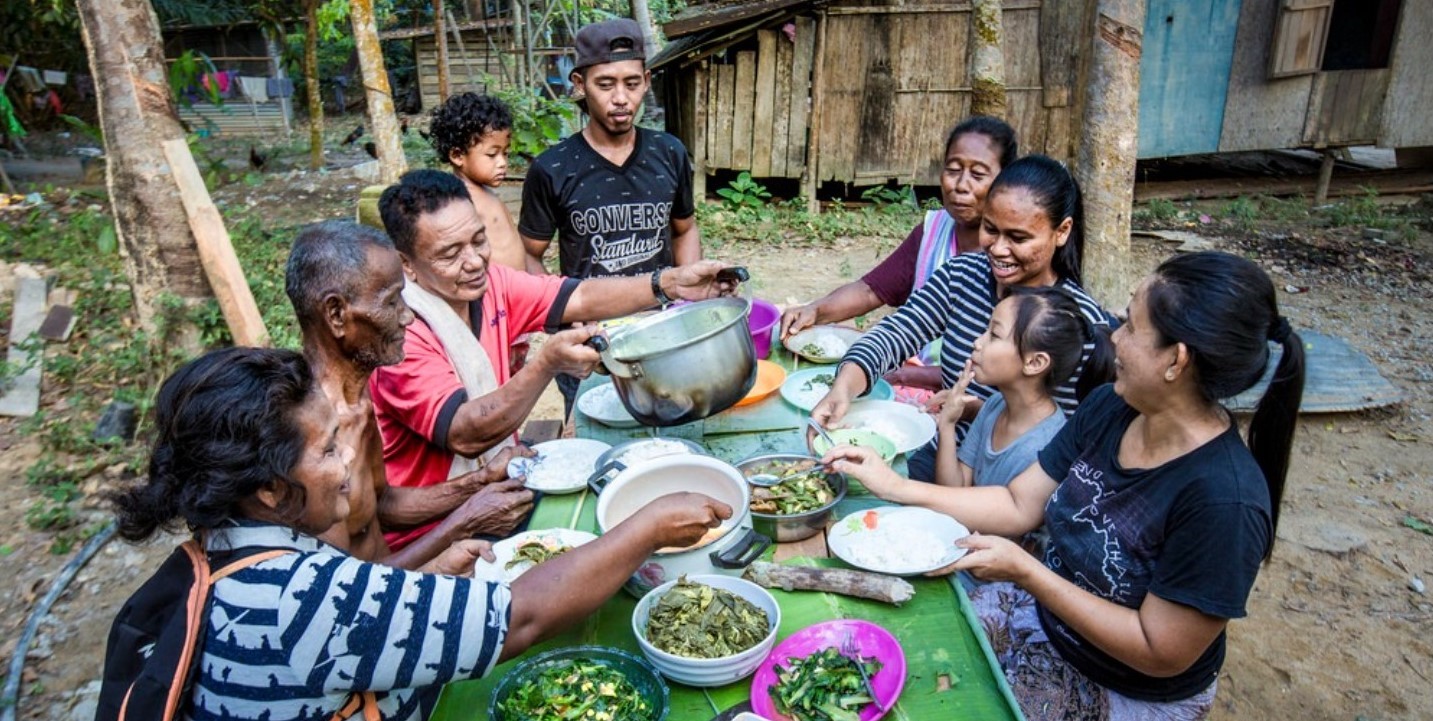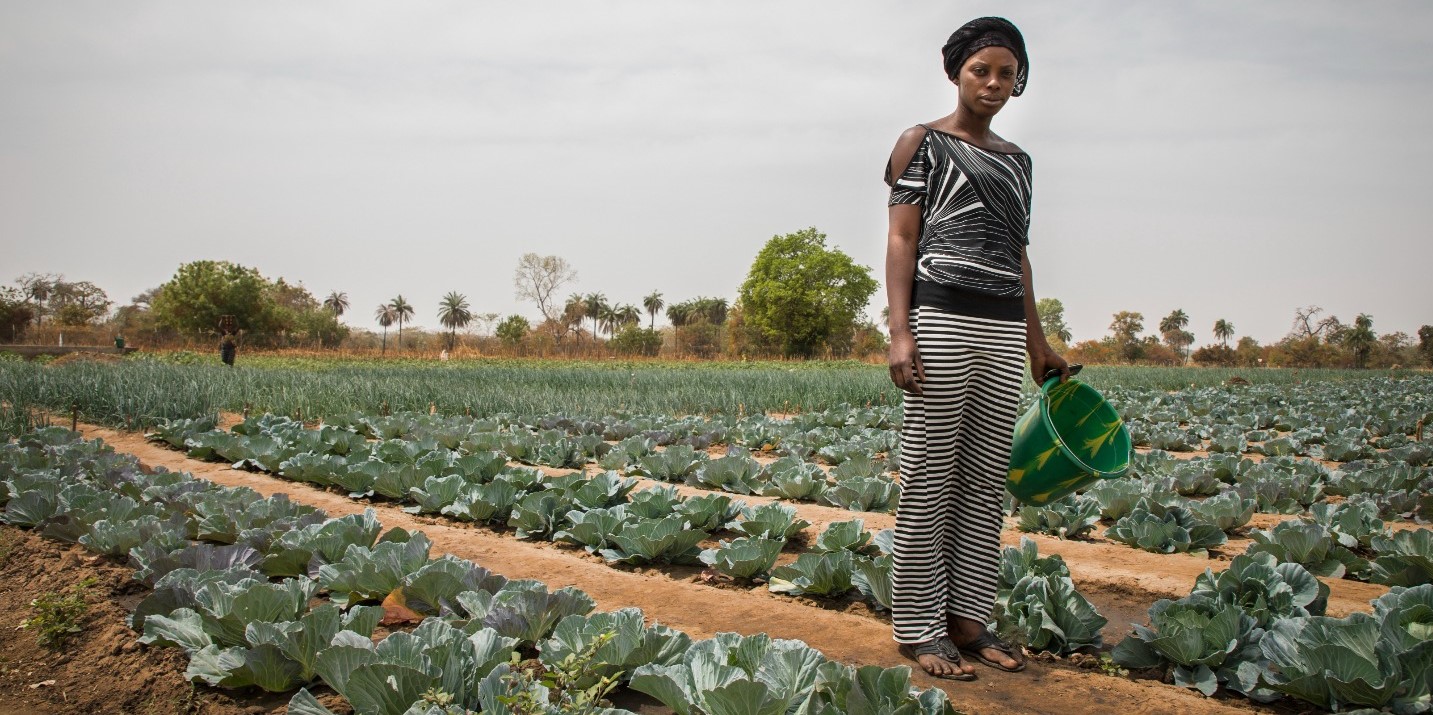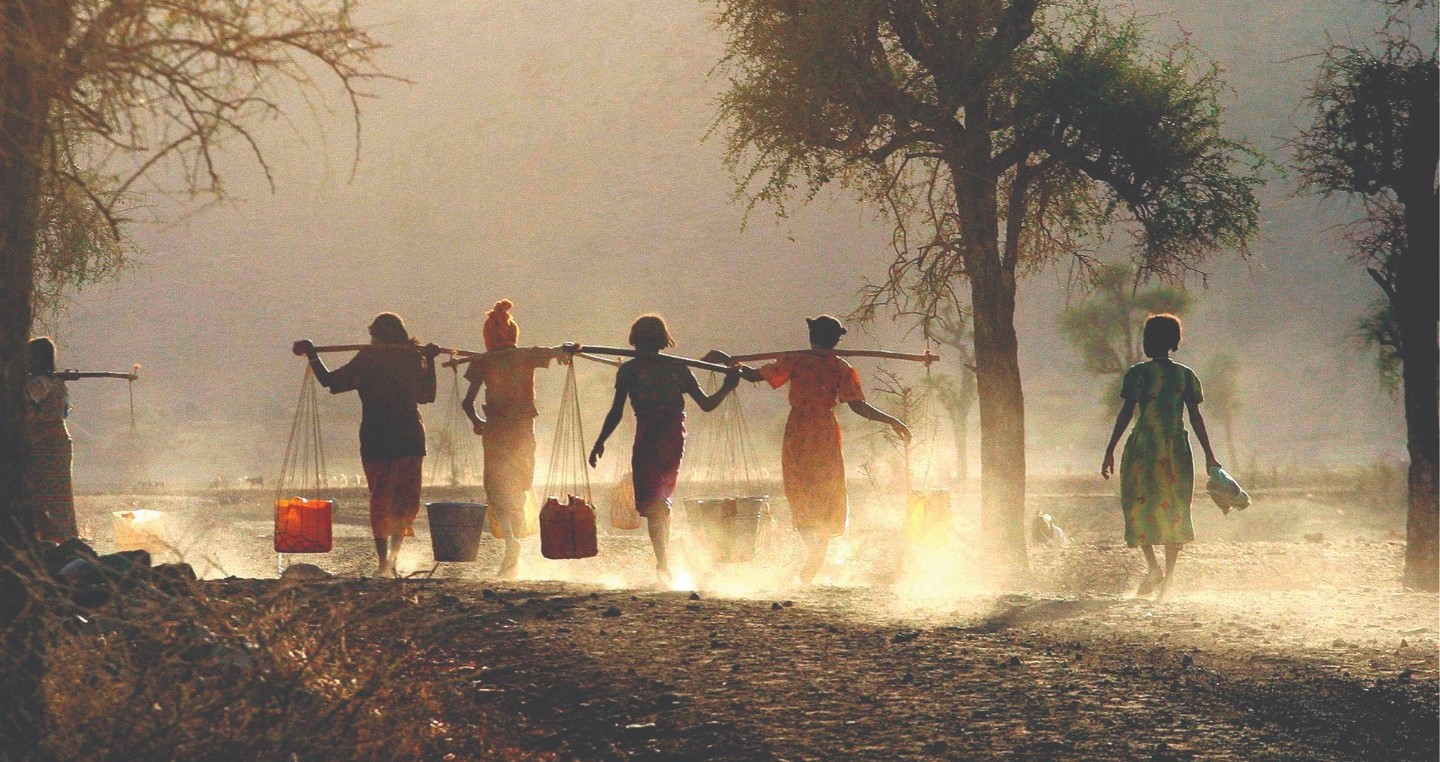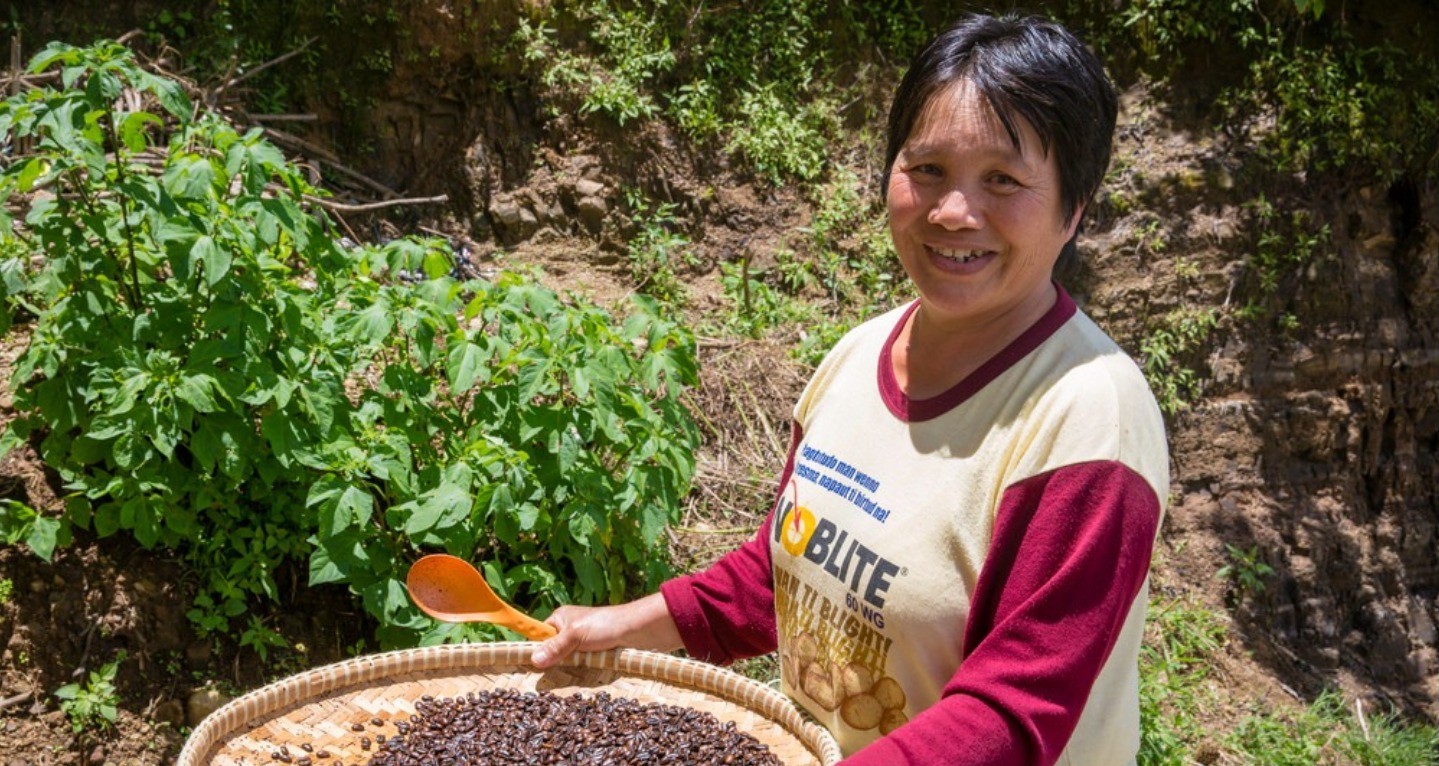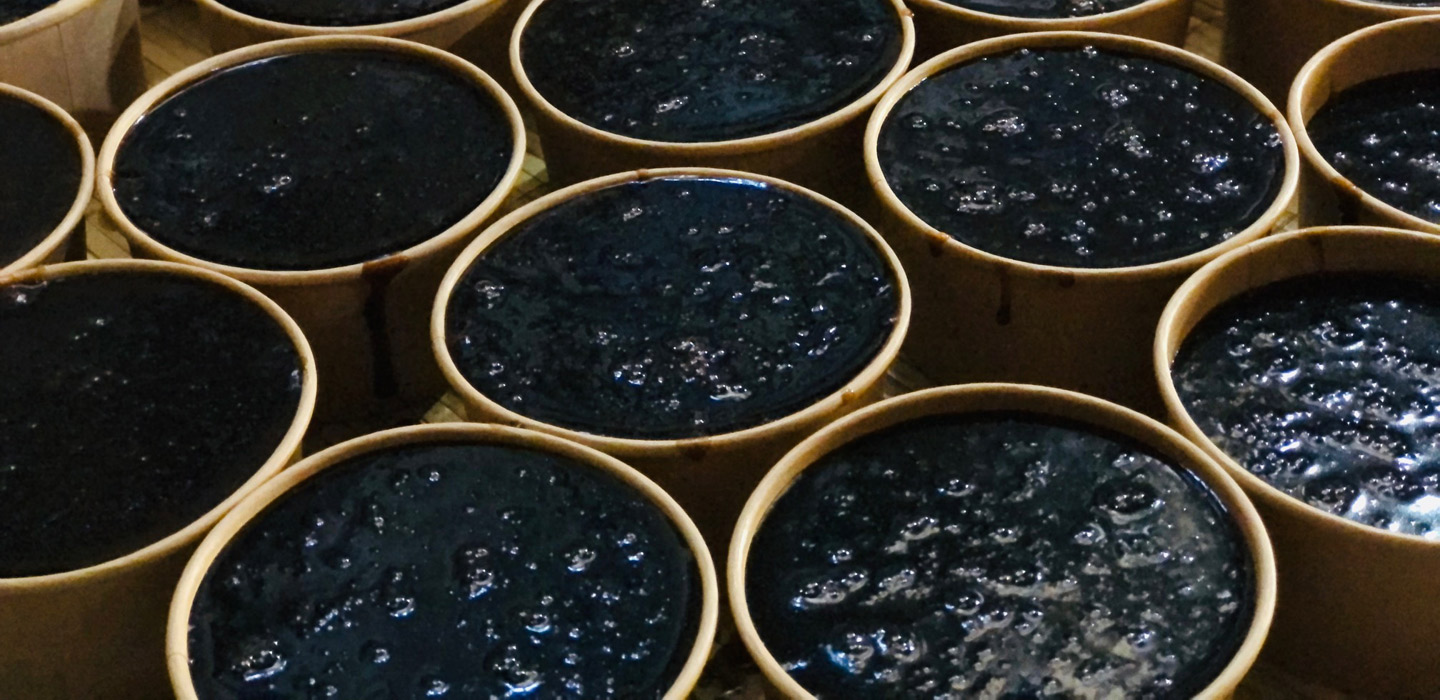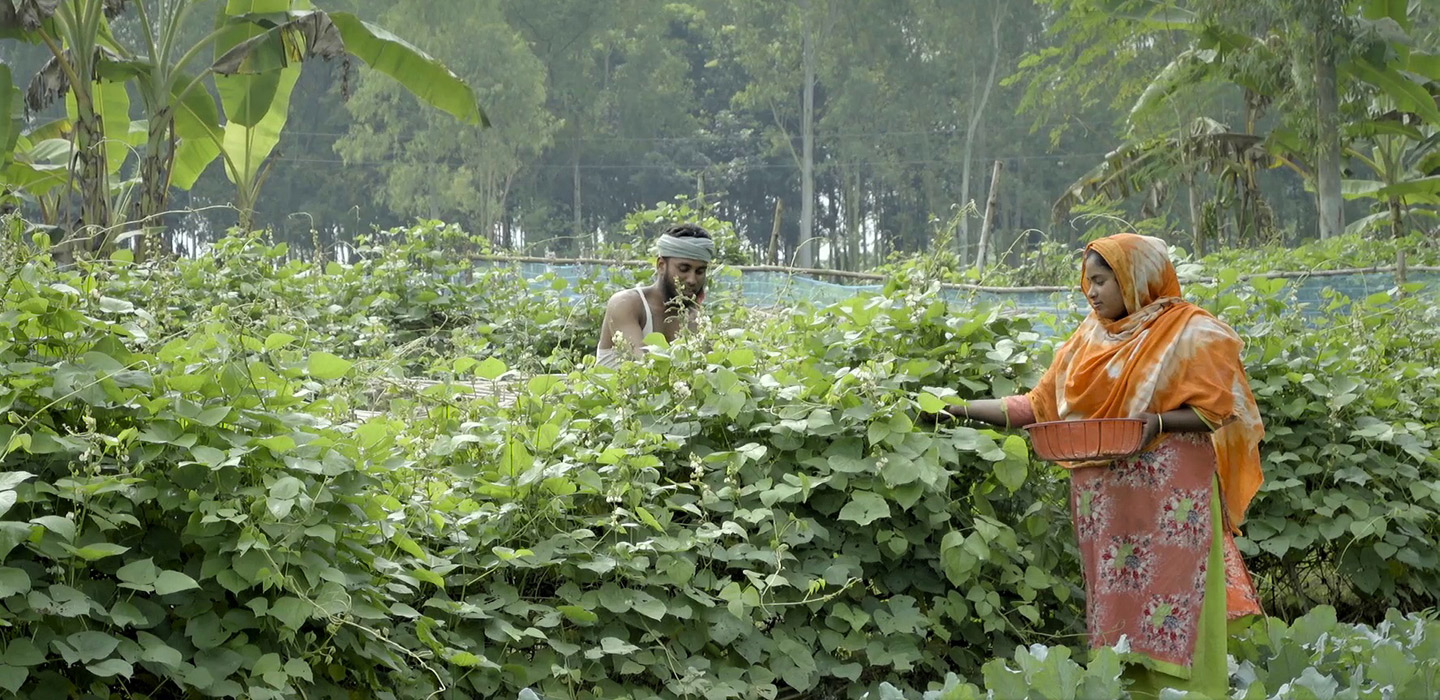Latest
Latest

Latest
Manual Submenu Topics
Search Results Filters
Search Results
What do the IPCC report’s findings mean for rural dwellers? Your questions answered
The IPCC report released in summer 2021 leaves no more room for ambiguity: the climate is changing, and it’s because of human activity. Here, we answer some of your questions about the report, why it’s important, and what its findings mean for some of the world’s most vulnerable populations.
IFAD report predicts steep drop in African staple crops by 2050, prompting urgent call for adaptation funding at COP26
Staple crops in eight African countries could decrease by as much as 80 percent by 2050 in some areas if temperatures continue to rise due to climate change, according to a report released today by IFAD.
The Gilani Umoja Youth Group reaps their rewards
The Gilani Umoja Youth Group was founded in 2017 as a way to create jobs for local youth and ensure a steady supply of cereals and other staple crops. Despite some struggles at first, their business is now a source of livelihoods for themselves and others in their community.
IFAD’s Rural Development Report 2021
Our food systems are failing us. From the climate, to the environment, to nutrition, to human health and well-being, they are not delivering the outcomes we all need. IFAD’s Rural Development Report 2021 describes the systemic issues that have led to the situation we are in, identifies priorities for transforming our food systems, and provides recommended actions to achieve meaningful change.
Investing in the foundations of Gambian agriculture
Roots are the essence of farming: they erect healthy plants and help grant a predictable and generous harvest. The IFAD-supported ROOTS project seeks to promote exactly that strength in The Gambia.
Small-scale producers are central to Africa’s forest restoration efforts
Small-scale farmers have an important role to play in restoring Africa’s forests. Two IFAD-supported projects in Eritrea and Kenya are helping these farmers engage in efforts that both restore local forests and have direct economic and social benefits for their communities.
Mainstreaming agroecology in the Asia-Pacific region
Agroecology is a holistic approach that integrates elements of ecology, economy, and society within a food system. It also supports the well-being of small-scale producers, especially in terms of their empowerment and social inclusion. IFAD has a long tradition of supporting agroecology practices throughout Asia-Pacific, especially the Himalayas region.
Empowering rural women with Agroecological Logbooks
The video presents the main results of using the Agroecological Logbook methodology in projects supported by IFAD in Brazil.
Black jelly brings a more resilient future for rural Viet Nam
Light and refreshing, with a mild, earthy flavour, Vietnamese black jelly is the perfect end-of-summer treat. It’s already popular throughout Viet Nam and its neighbouring countries – and thanks to the work of local growers and an IFAD-supported project, it’s now destined for wider audiences.
Restoration takes root: Nasreen’s story
Nasreen’s family was struggling to make ends meet. Now, thanks to an IFAD-supported project, she runs her own ecological farm that produces high-quality, chemical-free vegetables – all while it restores the local ecosystem.
